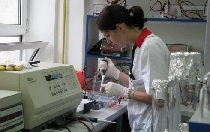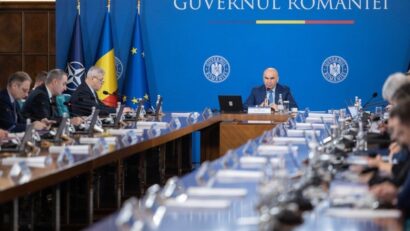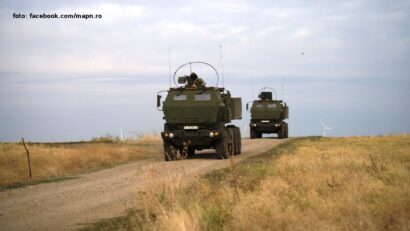The rebirth of a symbol?
The Cantacuzino Institute is to pass into the subordination of the Defense Ministry

Corina Cristea, 29.08.2017, 13:34
Set up in 1921, the “Cantacuzino” National Institute of Research and Development for Microbiology and Immunology is operating in the field of public healthcare, which it promotes through activities of research and development, as well as through its offer of products and services. Before 1990, the Cantacuzino Institute had a consistent portfolio of vaccines. Later on, because of a lack of funds, improper management and for failing to observe the norms established by the World Health Organisation, the institute had to gradually stop production for each vaccine at a time.
Consequently, from one of the best research institutes in Europe, Cantacuzino started following a downward trend. If they produced millions of vaccine doses annually before 2010, the institute experts were able to produce only several hundred thousands doses of anti-flu vaccine per year from that year onward. The situation became critical in 2014, the institute being rocked by an unprecedented scandal, after the National Medicines Agency forbade the distribution on the market of the anti-flu vaccine produced by the Cantacuzino Institute. The measure was taken after test results showed the vaccine had a high concentration of endotoxins, which might have produced such side effects as high fever and anaphylactic shock.
“Practically, the institute is unfolding its activity in three fields: the production of vaccines and other biological product materials, the production of bacterial culture media and reagents. Currently, the institute is only carrying out research activities and its functioning is possible thanks to grants. Relative to production, the institute is further producing culture media and a vegetal food supplement called SOD”, says the President of the Romanian Microbiology Society, Alexandru Rafila.
In the effort to render the institute properly functional once again, the government decided at the end of 2014, to pass the institute into the subordination of the Education Ministry, from the subordination to the Health Ministry. A month later, a memorandum was signed on the restructuring of the institute. The document provided for clearing the institute’s debts to the National Fiscal Administration Authority. Later on, through a budget rectification, the institute received money to cover its debts to the state and other spending with salaries, as well as to ensure proper functioning until the end of 2015. In 2016, another government came to power, bringing along another vision. The institute was again passed into the subordination of the Health Ministry.
Now, the incumbent PM Mihai Tudose has made public the decision to turn the institute into a military institution, subordinated to the Defence Ministry. The Prime Minister explains his decision by saying the institute plays a strategic role in ensuring Romania’s independence in the field of vaccine production, the Cantacuzino Institute being a Romanian brand with a century old history and boasting great achievements along the years.
(Translated by D. Vijeu)






























